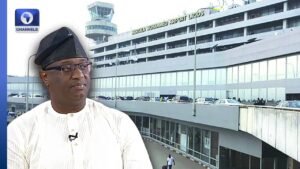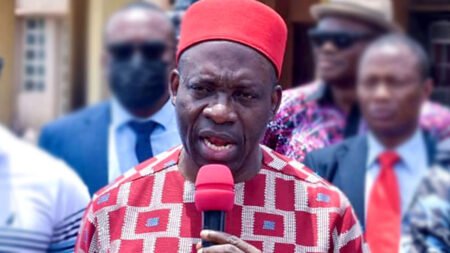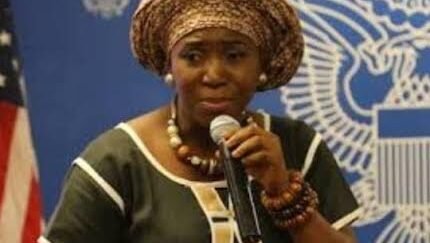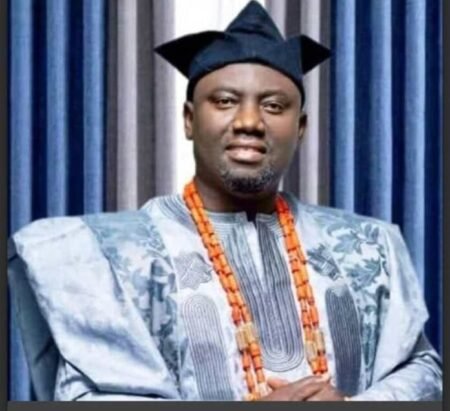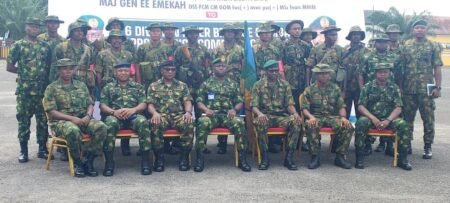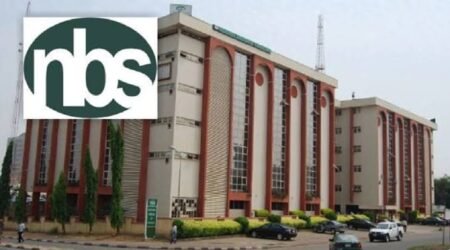The Permanent Representative of the Centre for Convention on Democratic Integrity (CCDI) to the United Nations, Olufemi Aduwo, has criticised former Secretary to the Government of the Federation, Babachir Lawal, over comments linking President Bola Tinubu’s alleged ethnic bias in appointments to the Yoruba ethnic group.
In a statement on Wednesday, Aduwo described Lawal’s remarks as “deeply unjust” and “dangerously divisive,” stressing that grievances against the Tinubu administration should not be extended to an entire ethnic group.
“It is one thing to hold a political leader accountable; it is quite another to malign an entire ethnic group on the basis of political grievances,” Aduwo said.
“To suggest that the Yoruba people are ungrateful to political allies or prone to excluding others is not only inaccurate — it distorts Nigeria’s political history.”
He cited the 1980 deportation case of Borno politician Alhaji Abdurrahman Shugaba, when Yoruba leader Chief Obafemi Awolowo directed Chief G.O.K. Ajayi, SAN, to challenge the federal government’s action in court, driven by justice rather than tribal loyalty.
Aduwo also highlighted former President Olusegun Obasanjo’s record of appointing Northerners to key positions such as National Security Adviser and Chief of Staff, as well as the absence of ethnic protests when the Yoruba had minimal representation during Goodluck Jonathan’s presidency.
“Ethnic identity and political loyalty are not the same,” he warned. “Conflating them poisons national discourse and threatens Nigeria’s fragile unity.”
Addressing Lawal directly, Aduwo maintained that criticism of Tinubu’s appointments is valid but should be directed at him as an individual, not at the Yoruba collectively.
He noted that even during former President Muhammadu Buhari’s tenure, when appointments were widely criticised for Northern bias, critics targeted the administration rather than entire Northern ethnic groups.
He dismissed claims that ordinary Yoruba people benefit from Tinubu’s appointments, stressing that they face the same economic challenges as other Nigerians.
“Inflation, insecurity, and currency depreciation affect everyone — from traders in Ibadan to farmers in Kano,” he said.
Drawing from his leadership experience in a multicultural organisation, Aduwo underscored the need for competence and inclusivity in appointments. “Positions should go to those who are qualified and committed, not selected by bloodline or birthplace,” he stated.
He urged Lawal to separate criticism of Tinubu’s government from generalisations about the Yoruba, warning that Nigeria needs healing, not the recycling of ethnic grievances.
Reflecting on Nigeria’s leadership history, Aduwo noted that despite the North producing presidents for most of the country’s 66 years of independence, the region still struggles with poverty, illiteracy, and insurgency.
“The future of Nigeria lies not in ethnic blame games but in choosing competent, trustworthy leaders who can govern justly — for all Nigerians,” he said.
Read the full article here

